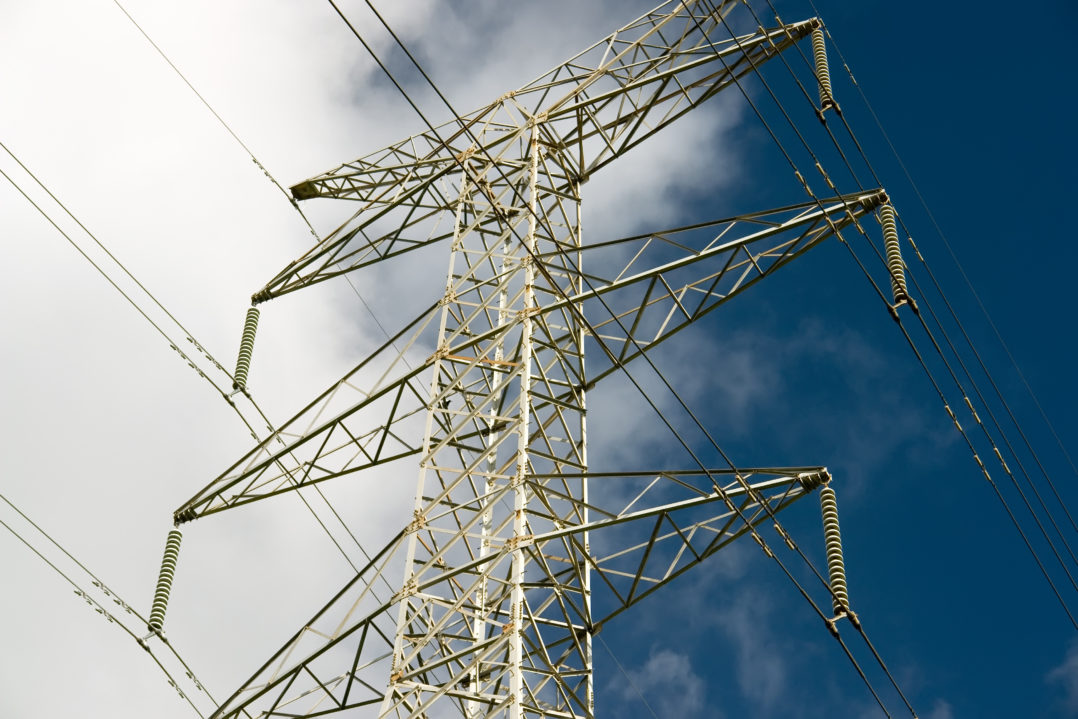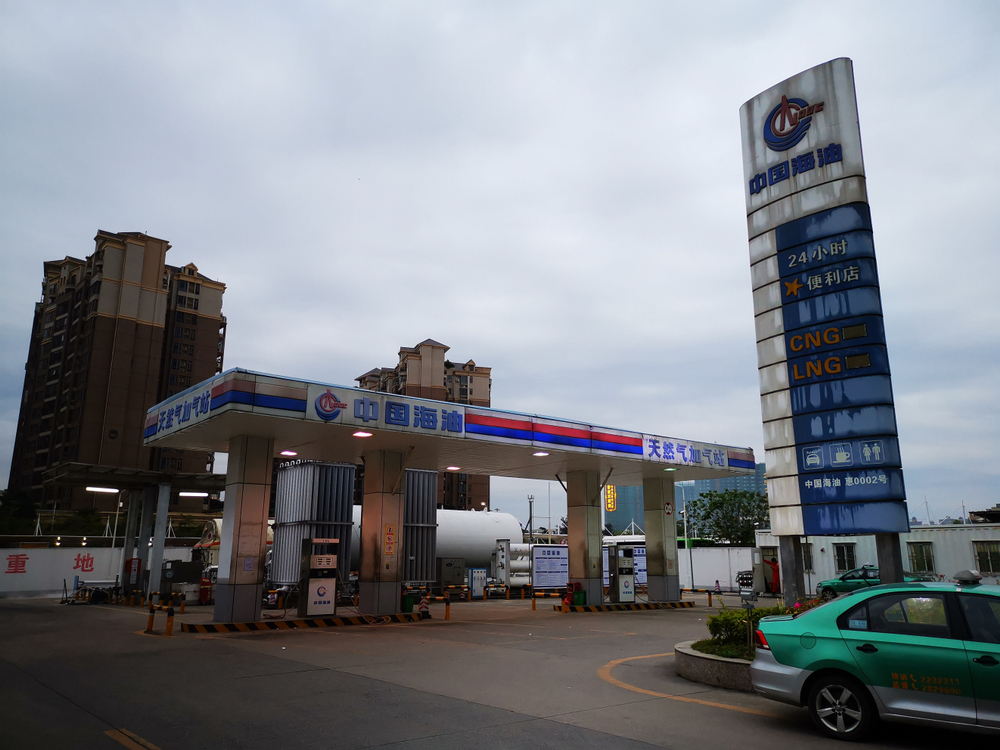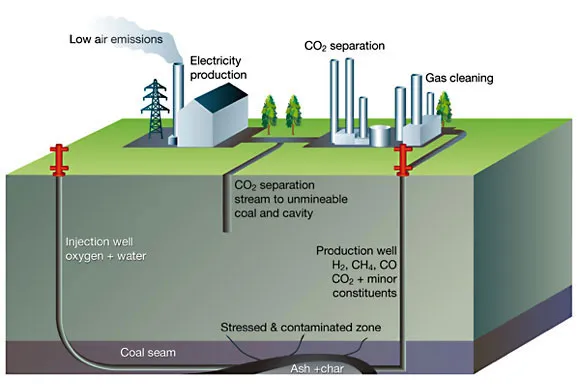The urgent need for new gas supply has been laid bare in an independent report warning of a “material risk” to Australia’s power supplies because of future gas shortfalls and a lack of investment in gas generation.
In its 2023 Electricity Statement of Opportunities (ESOO), the Australian Energy Market Operator (AEMO) said the “ongoing availability” of energy sources such as gas “will be critical to the reliability” of the National Electricity Market (NEM).

Australian Petroleum Production & Exploration Association (APPEA) Chief Executive Samantha McCulloch said the report underscored the critical need for new gas supply and gas generation capacity to ensure energy security as part of the net zero energy transformation.
“Gas is one of the main sources of electricity generation in Australia and is crucial to keeping the nation running,” Ms McCulloch said.
“AEMO have highlighted that gas will play an increasingly important role in our electricity mix, as a reliable partner to renewables and as coal generation is phased out.
“Gas is the safety net we need as we transform our electricity system and governments must start listening to the repeated warnings from independent authorities of the need for new gas supply.”
AEMO estimates that over 1.5GW of new gas power generation capacity is needed in New South Wales and Victoria by 2026/27 in order to meet current reliability standards.
The report singles out Victoria, with retiring coal generation and underinvestment in new gas supply putting pressure on the electricity system and contributing to a significantly increased risk of inadequate and unreliable electricity for Victorian homes and businesses compared to the 2022 ESOO report.
Ms McCulloch said: “The report shows how illogical Victoria’s new home gas connection ban is by pushing households on to an electricity grid that is already struggling to meet demand.
“Within a few years, Victoria will fail to meet minimum reliability standards set by AEMO, increasing the risk of rolling blackouts.”
In NSW, AEMO said there were “significantly increased risks if thermal fuels are more scarce, highlighting the importance of maintaining the availability of coal, gas and distillate fuels, and the effective management of their supply chains.”





